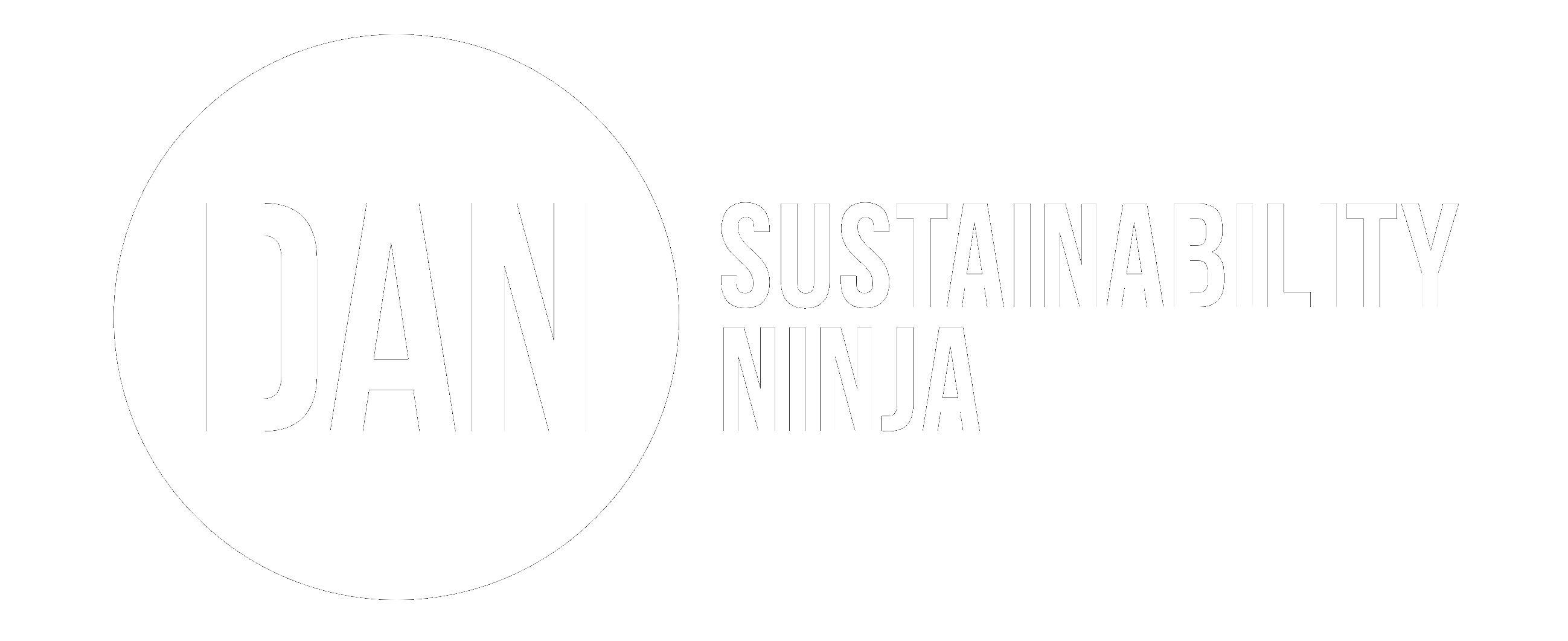Human activity and its impact on the earth has different facets. Whether it is the worldwide spread of materials such as plastic, aluminium, concrete, and fallout from nuclear testing, or rapidly increased greenhouse gas emissions along unprecedented species extinctions – mankind’s doing and its consequences are omnipresent. According to a recent report by an international scientific panel that’s exactly what made sufficient changes to the Earth’s systems to let us enter a new geological epoch – welcome to the Anthropocene!

Photo by NASA on Unsplash
Approximately 11,700 years ago, the geological epoch called “Holocene” began. Its name comes from the Greek words ὅλος (holos, whole or entire) and καινός (kainos, new), referring to fact that this epoch is the most recent division of Earth history (although usage as “entirely recent” is discouraged in the 21st-century work).* Being part of the “Quarternary” period, the Holocene as the „age of men“ encompasses the growth and impacts of the human species worldwide: from its written history, to the development of major civilizations, and the overall significant transition toward urban living in the present.
Now according to a report by the Anthropocene Working Group** published in the Science magazine there is compelling evidence showing that humanity’s impact on the Earth’s atmosphere, oceans, soils and wildlife has pushed the world into a new geological epoch. Looking at the magnitude of the changes that mankind has made to the planet, group secretary Dr. Colin Waters argues that they should now be regarded as pervasive and sufficiently distinctive to justify the new classification.
“Within the Working Group – and we have 37 members – I think the majority of them now agree that we are living in an interval we should call the Anthropocene. There’s still some discussion as to whether it should be a formal or informal unit, but we’d like to have a specific definition. And a majority of the group are moving towards the mid-20th Century for the start of this new epoch.”
Often called the beginning of the „Great Acceleration“, we since the mid-20th century – on several fronts of the planet – have been seeing great social changes that created significant environmental planetary changes. Many human activities reached take-off points and sharply accelerated towards the end of the century. Of course, first and foremost technological change, and the growth in population and consumption have driven this move into the potentionally next geological epoche. Let us take a look at some examples in this context:
Even if humanity is eventually gone in some distant future, there still will be clear signs of us and the way we lived, produced and consumed, left preserved in the geological record of our planet.
- Fossil fuels: CO2 concentration in the atmosphere increased by about 120 parts per million (ppm) since industrial revolution to currently around 400 ppm
- Global warming: anthropogenic climate change led to an increase in the earth’s temperature by 0.6 and 0.9°C, as well as rising sea levels
- Nuclear weapons: nuclear weapon test in the 1950s & 60s left traces of a naturally rare isotope (293Pu) through the earth’s mid-latitudes
- New materials: concrete, aluminium and plastics as things we use every day and that are apparently ubiquitous, leaving indetifiable fossil records for future generations to discover
- Fertilizers: nitrogen and phosphorous rates in soils have more than doubled in the last century due to increased fertilizer usage
- 6th mass extinction: extinction rate of species in the 20th century was up to 100 times higher that it would have been without man’s impact***
In the end it will be down to the International Commission on Stratigraphy to confirm – or not – the Anthropocene as the next legitimate epoch in the official time scheme used to describe the planet’s 4.6 billion years of history. And surely this would require a sample of boreholes bearing tell-tale signatures of humanity’s impact on the Earth at a global scale, for example ocean or lake sediments containing markers of pollution from fossil fuel burning.
In any way, it is us and the way human society develops that will shape this new age for the decades and centuries to come. And if we’re about to have a formal clarification of a new epoch, it should make us even more aware of our influence on the only one planet we are yet able to live on. Whether it be the dramatic loss of species, the manufacturing of plastics, or the use of nuclear weapons – we most certainly have managed to alter our environment to such a massive extent that we ourselves opened the door to a new geological epoch.
As Professor Will Steffen, an adjunct professor at the Australian National University and a co-author of the research paper, puts it: „We’re leaving the Holocene but this isn’t something we have to accept. We’re causing us to leave, so we can likewise pull us back.”
__________
-
International Geosphere-Biosphere Programme (2015): Great Acceleration 2015. Internet: http://www.igbp.net/globalchange/greatacceleration.4.1b8ae20512db692f2a680001630.html
-
Waters et al. (2016): The Anthropocene is functionally and stratigraphically distinct from the Holocene. In: Science, 351 (6269). Internet: http://www.sciencemag.org/content/351/6269/aad2622




